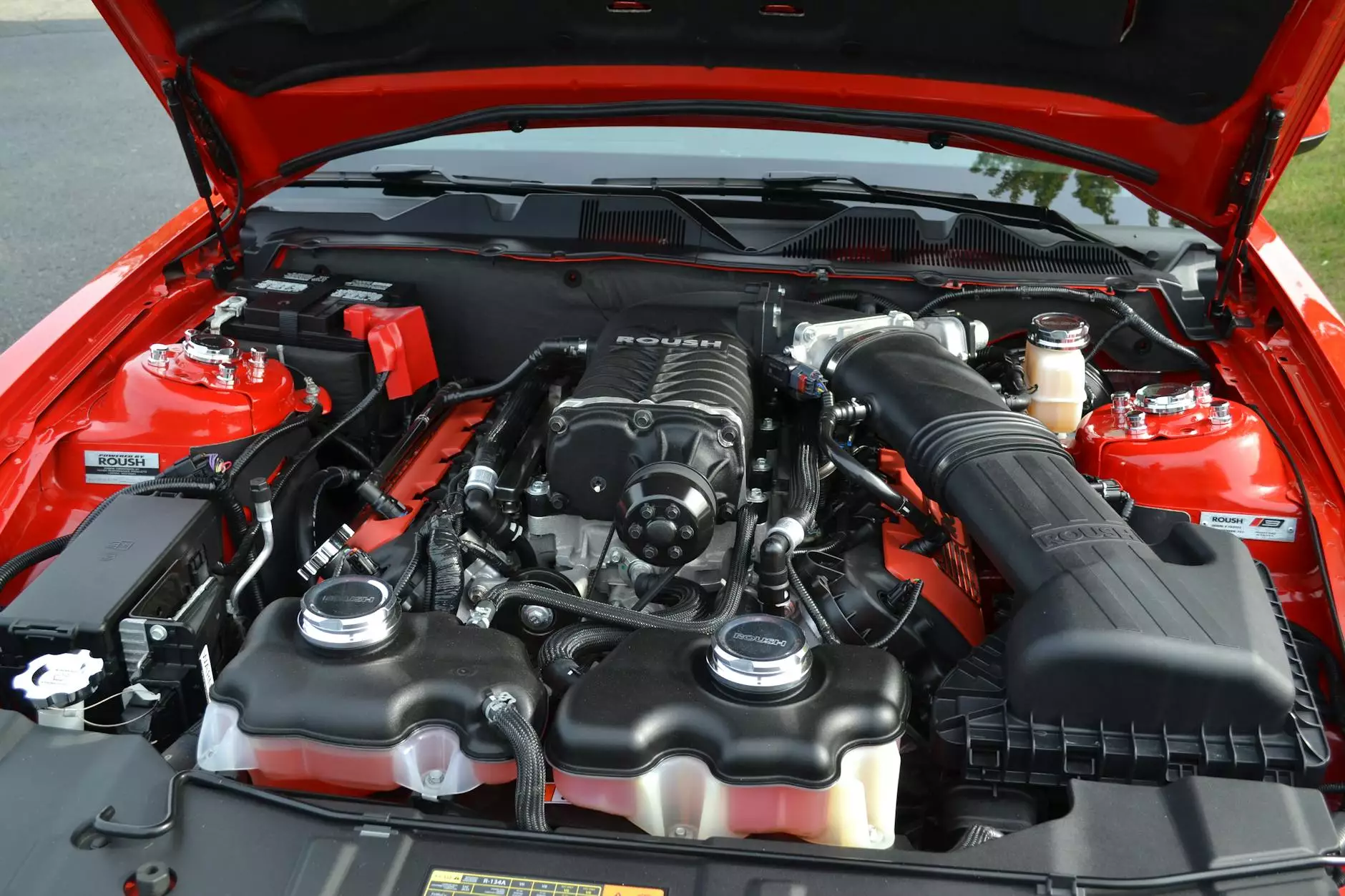Understanding Streusalz: A Comprehensive Guide to Road Salt

The winter season brings with it a set of challenges, especially concerning road safety. One of the most significant solutions to maintain safe travel on icy roads is the use of Streusalz, the German term for road salt. This essential material not only aids in melting snow and ice but also plays a vital role in ensuring public safety and the smooth operation of businesses across various sectors. In this article, we will explore the multifaceted benefits of Streusalz and its impact on our daily lives and the economy.
The Science Behind Streusalz
Streusalz, primarily composed of sodium chloride, is a key element in the process of de-icing roads. When laid down on icy surfaces, it works by lowering the freezing point of water, effectively causing ice to melt and preventing new ice formation. The process is straightforward:
- Application:Streusalz is spread over icy roads, typically using trucks or manual equipment.
- Melting Effect: The salt interacts with the ice and snow, melting it upon contact.
- Safety Regulation: Regular application helps maintain clear roadways and safe driving conditions.
This scientifically backed mechanism highlights why many regions favor Streusalz as their go-to solution for winter road management.
The Various Types of Streusalz
Not all Streusalz is created equal. There are several types of road salt available on the market, each with its unique properties and applications:
- Rock Salt: The most common form of Streusalz, this natural mineral is economical and effective for de-icing.
- Solar Salt: Produced through evaporating seawater, this salt is purer and often preferred for its efficiency.
- Liquid Salt Solutions: These solutions can be pre-applied to roads before snowfall, creating a protective barrier against ice formation.
- Eco-Friendly Alternatives: Options such as calcium magnesium acetate and beet juice blends are increasingly popular for reducing environmental impact.
Understanding these various types can help businesses and municipalities choose the most suitable option for their needs.
Applications of Streusalz in Urban and Rural Settings
The versatility of Streusalz makes it applicable across different environments:
Urban Areas
In urban settings, where public safety is paramount, the application of Streusalz ensures that streets remain accessible and safe for both vehicles and pedestrians. Regularly scheduled maintenance during snowstorms can significantly reduce accidents, enhance emergency response times, and promote economic activity by keeping shopping areas accessible.
Rural Areas
For rural communities, the application of Streusalz may face challenges such as limited budgets and resources. However, its use remains crucial to maintaining access to essential services, schools, and local businesses, ensuring that communities are not isolated during winter storms.
The Economic Impact of Streusalz
The implications of using Streusalz extend beyond immediate road safety. Consider the broader economic benefits:
- Reduced Accidents: By minimizing icy road conditions, Streusalz directly contributes to fewer accidents and insurance claims.
- Increased Business Activity: Safe transport routes enable customers to reach businesses, thereby boosting local economies.
- Job Creation: Snow removal and de-icing operations create seasonal job opportunities in communities.
- Infrastructure Longevity: Maintaining safe roads also prolongs the lifespan of asphalt and infrastructure, saving municipalities money in the long run.
These economic advantages highlight why municipalities, businesses, and community leaders must prioritize the procurement and strategic deployment of Streusalz.
Environmental Considerations of Using Streusalz
While the benefits of Streusalz in promoting safety and economic growth are clear, it is also essential to address the environmental concerns associated with its use.
Salt Pollution
The over-application of Streusalz can lead to salt pollution in waterways and soil, potentially harming aquatic life and vegetation. To mitigate these risks, it is critical to follow best practices:
- Precise Application: Using the appropriate amount of salt based on weather conditions and road type can reduce excess runoff.
- Environmental Monitoring: Regularly monitoring local water sources for salinity levels can help assess the impact of Streusalz.
- Alternative Solutions: Implementing eco-friendly de-icing options when appropriate can help lessen negative impacts.
How to Properly Use and Store Streusalz
For those responsible for maintaining road safety, effective use and storage of Streusalz are vital. Here are some essential tips:
Application Techniques
- Pre-Treatment: Applying Streusalz before snowfall can help prevent ice from forming.
- Correct Timing: Monitoring weather conditions and reacting promptly ensures that roads remain safe.
- Proper Distribution: Using calibrated spreaders for even distribution helps optimize effectiveness and reduce waste.
Storage Best Practices
- Dry Conditions: Store Streusalz in a dry location to prevent clumping and maintain effectiveness.
- Airtight Containers: Using airtight bins can minimize moisture exposure.
- Accessibility: Keep Streusalz readily accessible for timely deployment when needed.
Conclusion: Emphasizing the Importance of Streusalz
As we navigate the challenges presented by winter weather, the value of Streusalz becomes increasingly clear. It stands as a crucial component of road safety, environmental responsibility, and economic stability. By understanding its applications, benefits, and best practices, we can effectively harness this simple yet powerful substance to maintain safe and accessible roadways. As a result, businesses like quarzsand-shop.de can play a vital role in supplying communities with the necessary Streusalz for winter readiness.
Investing in the proper engagement and application of Streusalz not only ensures public safety but also promotes economic vitality across both urban and rural environments. Let’s commit to a safer, more reliable winter experience for everyone.



